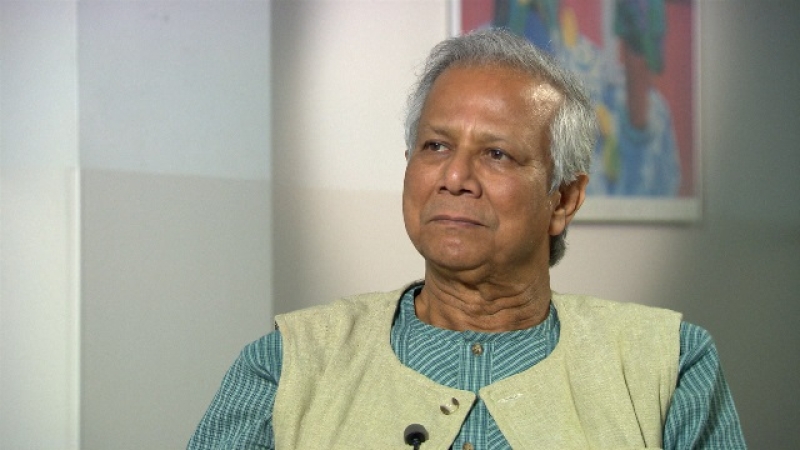- Bangladesh rejects India’s advice; vows free, fair polls |
- Hadi’s condition very critical: Singapore Foreign Minister |
- Asia-Pacific hunger eases, Gaza pipeline fixed, Europe hit by flu |
- UNRWA Situation Report on Crisis in Gaza & Occupied West Bank |
- Intimidation or bloodshed cannot halt Bangladesh’s march to democracy |
Interim Government Must Rediscover Its Strength, Not Retreat

Chief Adviser Prof. Muhammad Yunus
In the wake of intense consultations with political parties for two days, the Interim Government (IG) of Bangladesh finds itself at a critical crossroads. Pressed by various quarters, with diverging demands and shifting expectations, the government now faces the challenge of standing firm in its mandate rather than succumbing to hesitation.
While the military maintains its stance on elections by December—coinciding with the demand of the BNP—other voices call for completing essential reforms and the trials of the tragic July-August 2024 killings first. The agitation for extended five-year tenure of the IG further complicates the situation. However, one undeniable truth remains: the government enjoys broad support across the political spectrum. There is no indication that any major party is calling for its ouster.
The IG must also acknowledge a fundamental reality—except for those directly connected to the previous government; the people of Bangladesh have endured seventeen years of stagnation, deprived of the opportunities to function freely within a democratic framework. Their lives have been marked by lost chances, restricted access to governance, and systematic exclusions that have stifled their participation. They cannot afford to wait indefinitely for an extended transition. Democratic restoration is not simply a political formality—it is a matter of returning people's rights and restoring normalcy to their lives.
The injustices extend further. Families connected to opposition political parties and alliances were systematically deprived of government jobs and business opportunities. Those who held jobs were denied promotions or even dismissed entirely. The poor among them were denied even social safety-net services, while politically active individuals found themselves constantly on the run. This deliberate exclusion has robbed generations of their rightful place in the nation’s progress.
Unfortunately, mismanagement in refusing Ishraque Hossain’s oath-taking has caused unnecessary turbulence, an avoidable crisis that should have been promptly corrected. Meanwhile, demands for the resignation of two student advisers and the National Security adviser over alleged partisan conduct have added to the growing pressures. These grievances must be addressed with transparency and fairness—not ignored, but certainly not allowed to paralyze the government’s ability to function.
Strong democracies worldwide—whether in the United States, United Kingdom, France, Japan, or Germany—have all seen their governments falter at times. Yet, acknowledging missteps and swiftly correcting them is a mark of resilience, not weakness. The Interim Government must take inspiration from this reality and move forward with renewed confidence.
Hesitation will only breed instability. Bangladesh cannot afford an uncertain leadership in this crucial period. The IG was established to guide the country through a delicate transition, and it must fulfill this responsibility with conviction. It must engage political leadership transparently, resolve disputes judiciously, and advance its work without fear or doubt.
Most importantly, the government must remember why it was entrusted with this role—to finally provide the people with the governance they have long been denied. Democracy must not merely return in name; it must be felt in the lives of every citizen, including those previously excluded. There is no room for pause. The time for decisive action is now.

